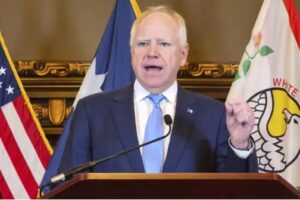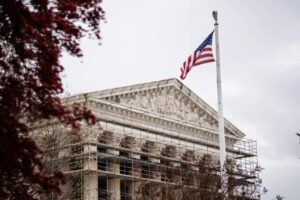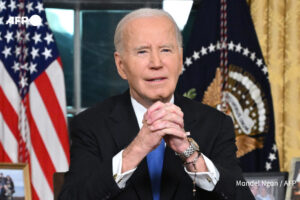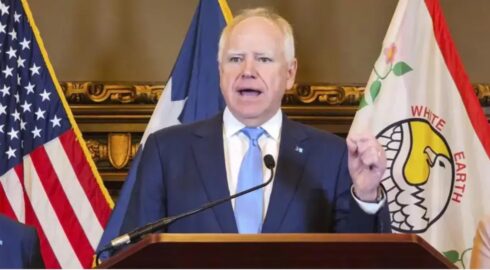President Donald Trump took aim at Walmart over the weekend, blaming the retail giant for using tariffs as an excuse to raise prices on everyday items. In a fiery Truth Social post on Sunday, Trump accused the company of putting profits over consumers and challenged it to “eat the tariffs” instead of passing the costs onto American families.
“Walmart should STOP trying to blame Tariffs as the reason for raising prices throughout the chain,” Trump wrote. “Walmart made BILLIONS OF DOLLARS last year, far more than expected. Between Walmart and China they should, as is said, ‘EAT THE TARIFFS,’ and not charge valued customers ANYTHING. I’ll be watching, and so will your customers!!!”
The warning comes just days after Walmart warned that prices on items such as bananas and children’s car seats would increase later this month due to persistent tariffs on Chinese imports. The comments reflect a growing tension between the Trump-led tariff policy and American businesses caught in the crossfire.
Walmart Stands Firm on Pricing Strategy Amid Economic Pressures
Responding to Trump’s criticism, Walmart maintained that it has always worked to minimize price increases and deliver value to customers despite external economic pressures. A spokesperson told CBS News on Saturday, “We won’t stop working to keep prices as low as possible given the reality of small retail margins.”
During a first-quarter earnings call last Thursday, Walmart CEO Doug McMillon acknowledged that tariffs, even at reduced rates, would still force the company to raise prices. “We can control what we can control,” McMillon said. “Even at the reduced levels, the higher tariffs will result in higher prices.”
John David Rainey, Walmart’s chief financial officer, explained that many imported products are becoming significantly more expensive. For example, a $350 Chinese-made car seat could soon cost nearly $100 more, a 29% hike, due to import duties. Rainey added, “There’s a limit to what we can bear, or any retailer for that matter.”
The Broader Business Impact of Trump’s Tariff Policies
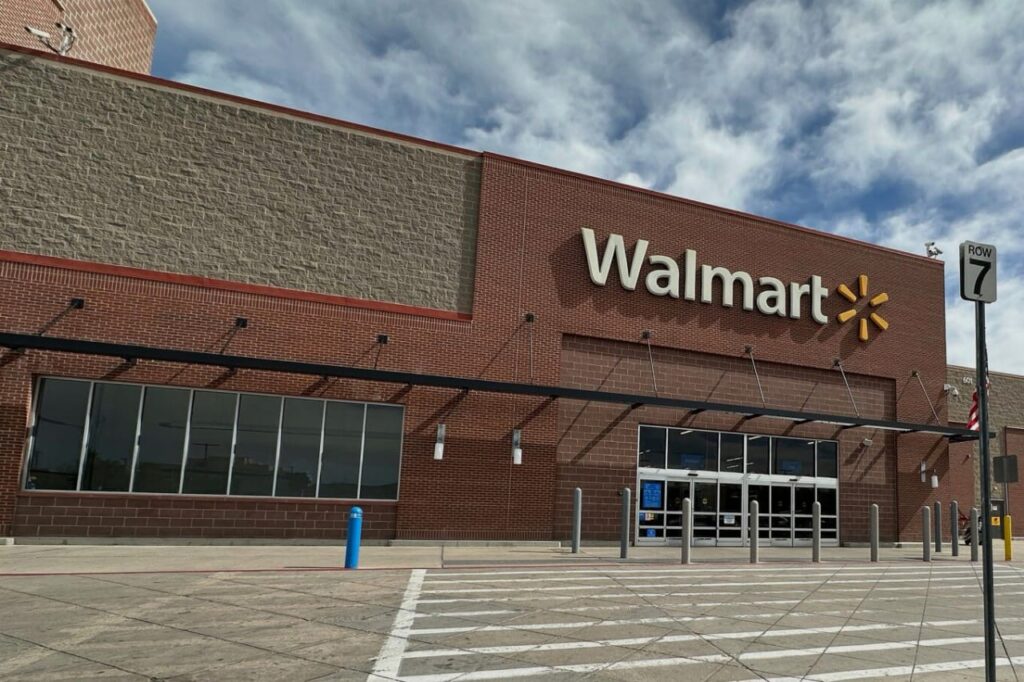
Trump’s rebuke of Walmart highlights a broader dilemma facing American corporations navigating the turbulent landscape of trade policy. While the former president insists that tariffs are paid by foreign exporters, many U.S. companies—including automakers, tech giants, and retailers—have reported substantial increases in their cost of operations due to the import taxes.
In April, Walmart CEO McMillon was among several top retail executives who met with Trump at the White House to voice concerns about the long-term impacts of tariffs. Despite their warnings, the Trump administration pushed forward with levies on a wide range of goods, including autos, steel, aluminum, and potentially pharmaceutical drugs.
Meanwhile, several companies have adjusted their financial outlooks or cut earnings expectations altogether. Analysts note that many businesses are being forced to make difficult choices: absorb rising costs, raise prices, or risk the wrath of the administration.
Tariff Strategy as a Political and Economic Weapon
Since his first term, Trump has aggressively used tariffs as a cornerstone of his trade strategy, arguing that they protect American industries and create jobs. Recently, his administration reduced tariffs on Chinese goods from 145% to 30% for a temporary 90-day window. Nevertheless, many analysts remain skeptical that these moves will reverse the damage already done to supply chains and consumer spending.
Trump has also imposed tariffs on Canada and Mexico over immigration and drug-related issues, further straining diplomatic and economic relationships with America’s two largest trading partners. A baseline 10% tariff now applies to most countries, with exceptions only in narrow cases as Trump pursues new trade deals.
Despite the controversies, Trump maintains that tariffs serve as a crucial source of federal revenue and a tool for negotiating favorable trade terms. A recent framework agreement with the United Kingdom reportedly preserves the existing 10% tariff rate.
Political Ramifications and Consumer Realities
As the 2024 election season intensifies, Trump’s aggressive stance on trade is likely to remain a central theme of his economic agenda. His demand for companies like Walmart to absorb the financial impact of tariffs—rather than shift the burden to consumers—places further pressure on corporate America to align with his vision.
However, retail experts warn that Trump’s expectations may not align with market realities. “You can’t run a business on goodwill alone,” one industry analyst noted. “Retailers operate on razor-thin margins, and someone has to pay for the cost of tariffs—whether it’s the company or the consumer.”
For now, consumers may be caught in the middle. As Walmart and other retailers grapple with rising import costs, price hikes on everyday necessities could hit low- and middle-income Americans the hardest. Whether Trump’s public pressure campaign will succeed in curbing these increases remains to be seen.



